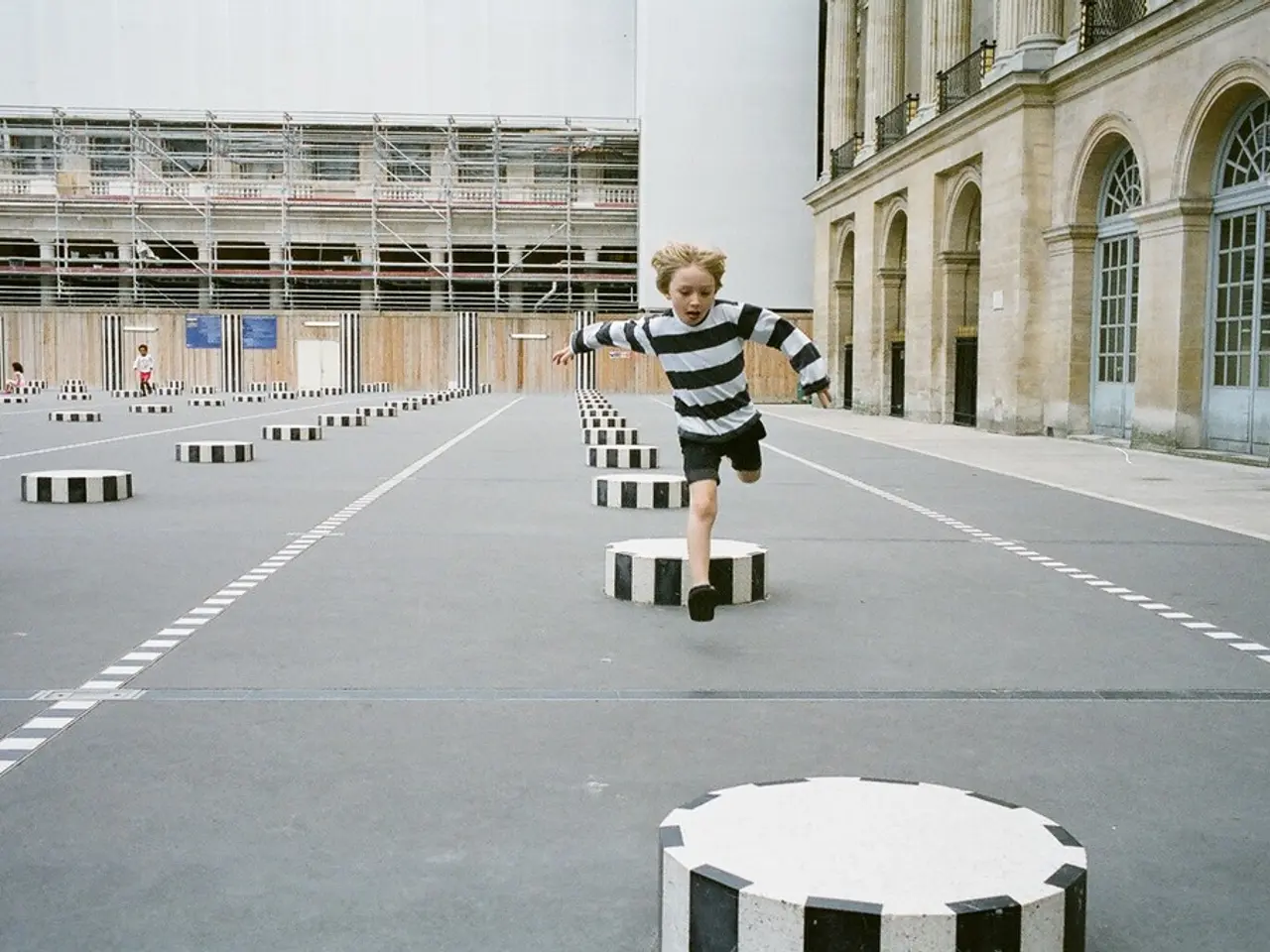Criticism concentrates on SPD: "No improvements are expected in the upcoming Kindergarten year"
In North Rhine-Westphalia (NRW), a record high demand for U3 childcare has been reported by the German Youth Institute, leading to a significant increase in kindergarten fees across many municipalities. The state government will pay kindergartens almost 9.5% more per child than before, but this increase has not been enough to alleviate the financial pressures faced by the sector.
The Free Democratic Party (FDP) in the state parliament has joined the Social Democratic Party (SPD) in their criticism of the current kindergarten policy. Both parties argue that more state and municipal support is needed to reduce or freeze fees, ensuring childcare remains affordable and equitable for families. They advocate for strengthening public investment in early childhood education to prevent socio-economic disadvantages linked to rising costs.
The SPD has been particularly vocal in their opposition, stating that the current situation is catastrophic, with no kindergarten places for half of the children under three. They suspect that more and more parents are finding alternative solutions due to frustration with the unstable childcare in kindergartens.
Kindergartens in NRW have reported personnel shortages a total of 34,000 times in the past twelve months, with over 1,000 cases leading to temporary complete closures of kindergartens. Family Minister Josefine Paul aims to achieve more stability and reliability for children, parents, and employees in the coming year.
The new kindergarten year in NRW begins on August 1, 2025. However, the promised free third year of kindergarten by the black-green coalition is still not implemented. The state government is refinancing two fee-free years, and parents can be exempt from kindergarten fees entirely or in part if they receive unemployment benefit II or social assistance.
Despite these measures, high kindergarten fees lead to children from poorer families often having to forgo kindergarten attendance. The uncertainties in kindergartens are incompatible with a regulated work and family life for many parents. Minister Paul refuses to provide a complete overview of kindergarten fees in NRW, and the Ministry of Family Affairs does not collect data on the height or increases of parents' contributions in the respective youth welfare office districts or municipalities.
Minister Paul's handling of the kindergarten situation has been criticized by opposition parties, who call for a comprehensive reform of the Children's Education Act to improve the situation of early childhood education. Further funding for kindergarten helpers is planned until 2029, but it will decrease from 1,500 to 1,350 euros in the new year.
Parents in different municipalities pay varying amounts for kindergarten fees, with those in Dortmund paying €377.62 per month, while those in Erkelenz pay €568.78, in Coesfeld €677.22, and in Rheine €493.08. These disparities highlight the need for a more equitable and affordable childcare system in NRW.
- The Free Democratic Party and the Social Democratic Party, in collaboration with the German Youth Institute's observations, have raised concerns about news related to kindergartens in North Rhine-Westphalia, advocating for policy-and-legislation changes to support education-and-self-development.
- In the ongoing debate about kindergarten fees in NRW, both parties argue for learning opportunities to be more equitable, citing the rising costs as a potential cause of socio-economic disadvantages.
- The opposition parties have criticized the handling of the kindergarten situation by the state government and have called for a comprehensive reform, particularly regarding general-news related to early childhood education and the Children's Education Act.




